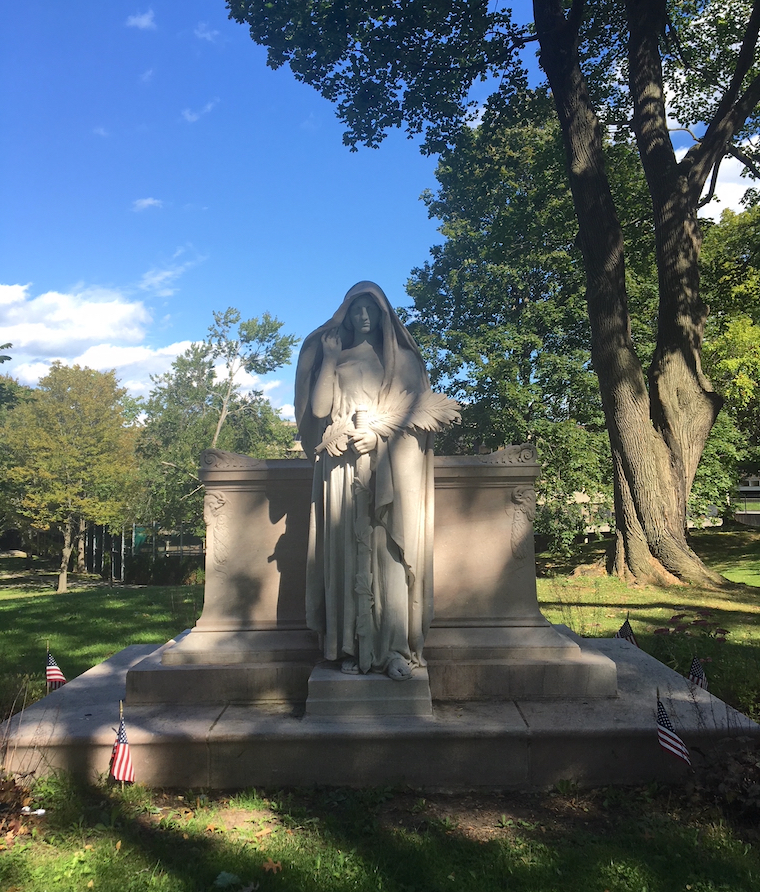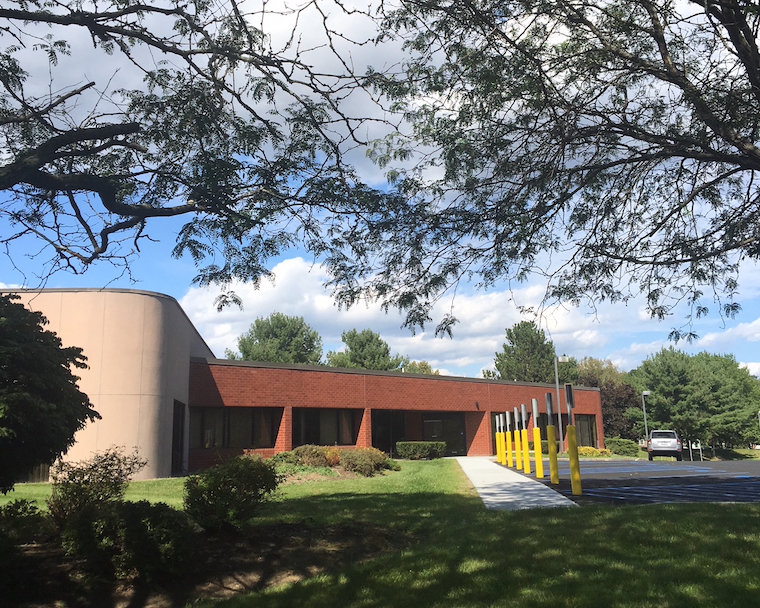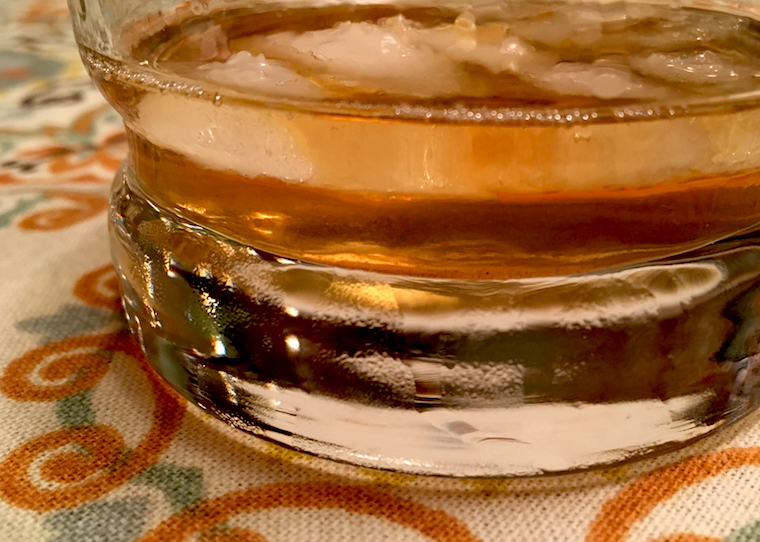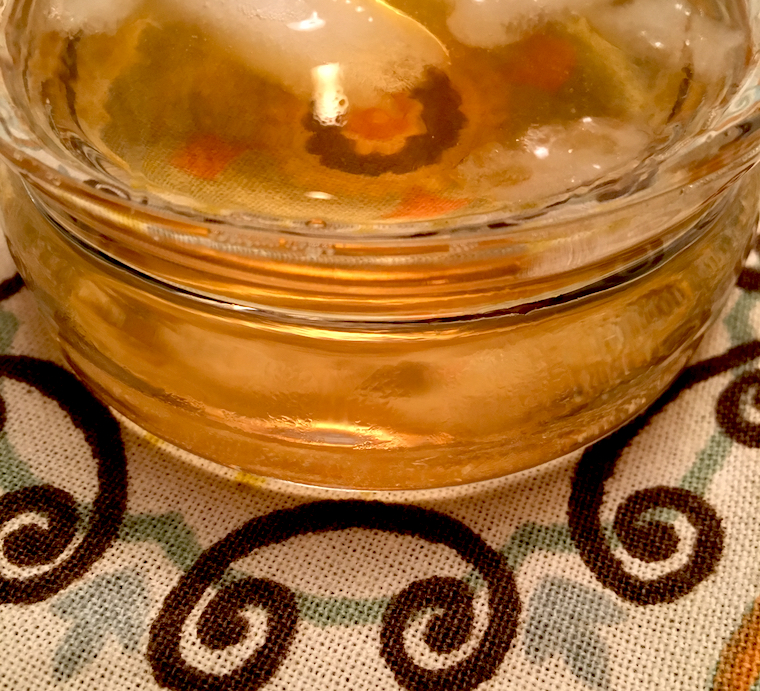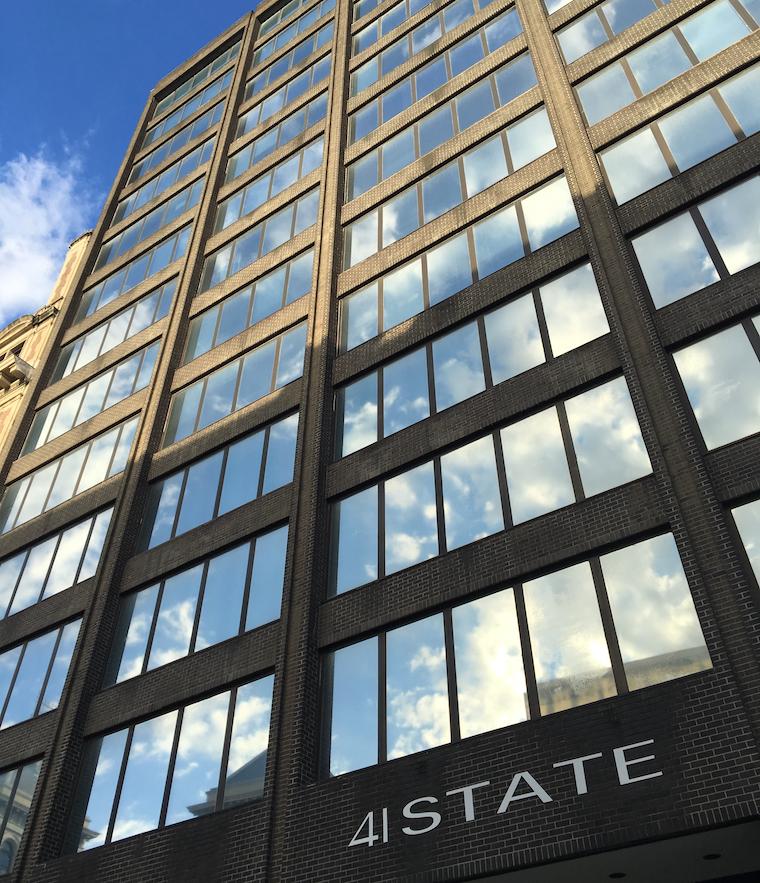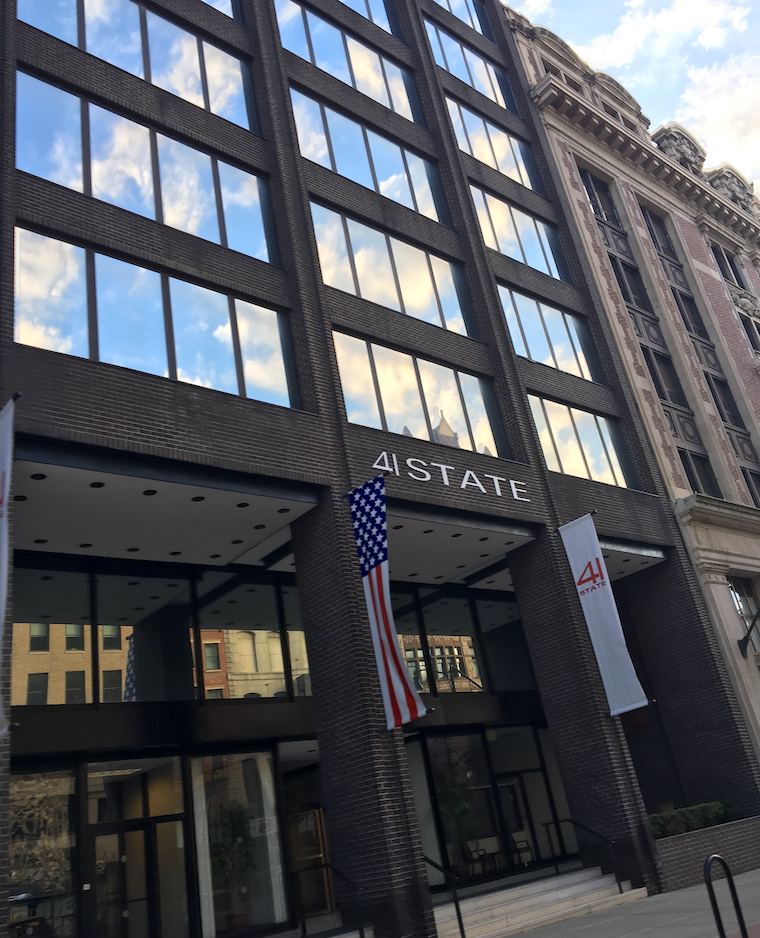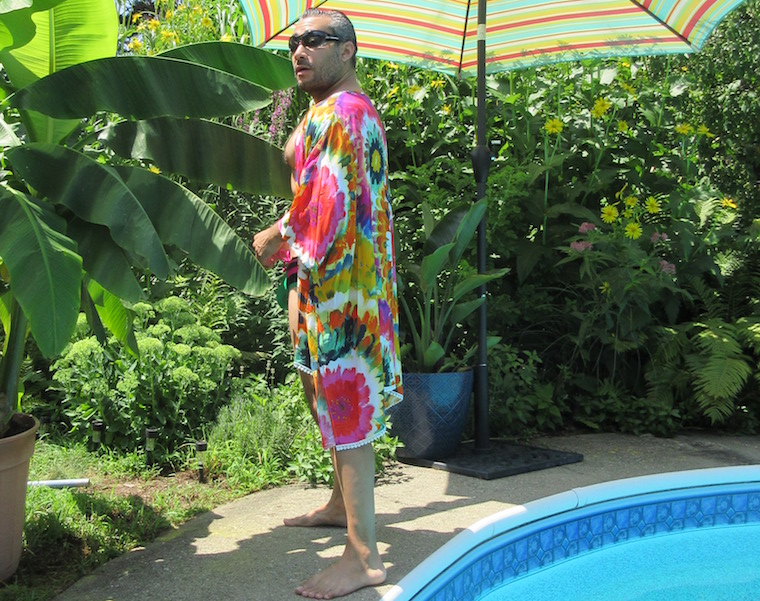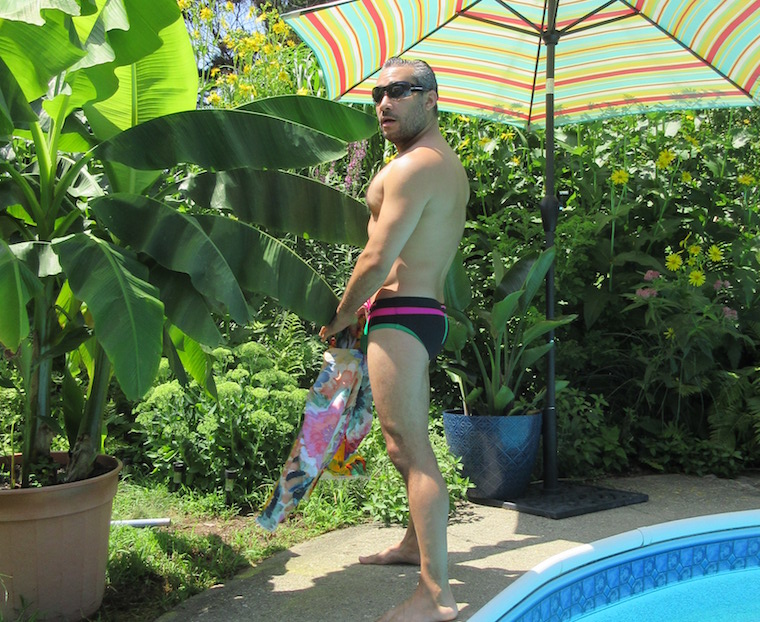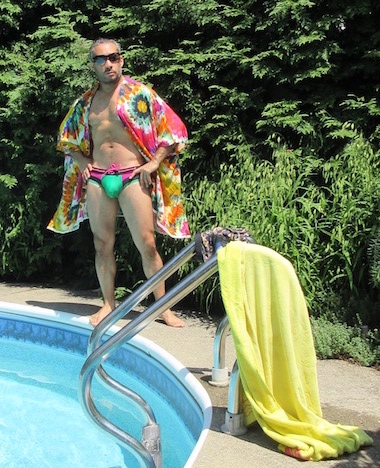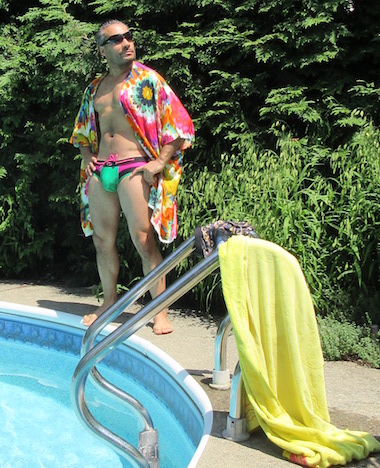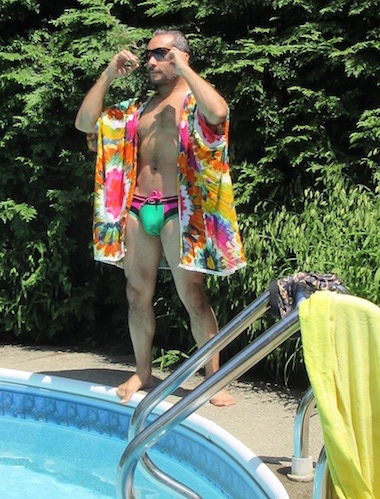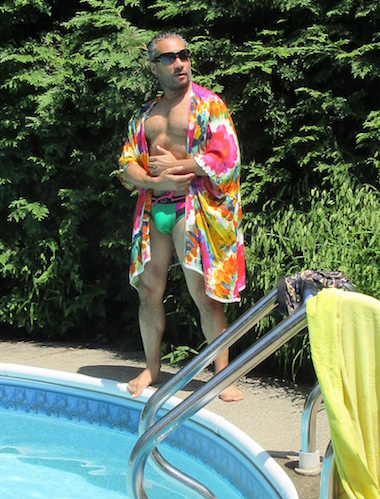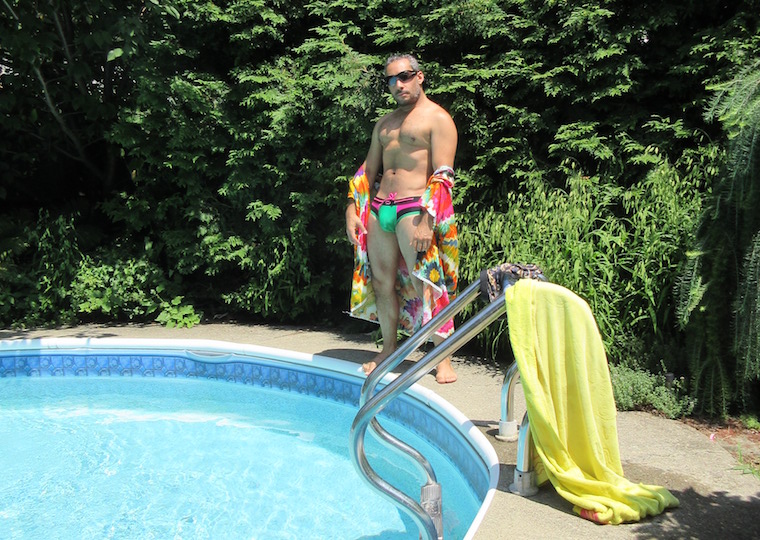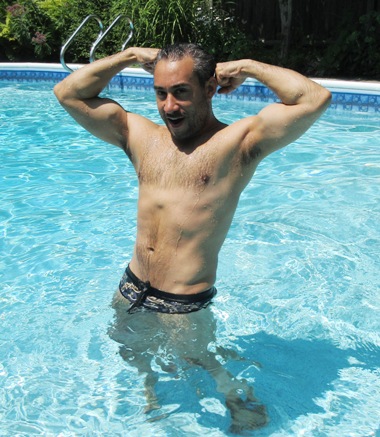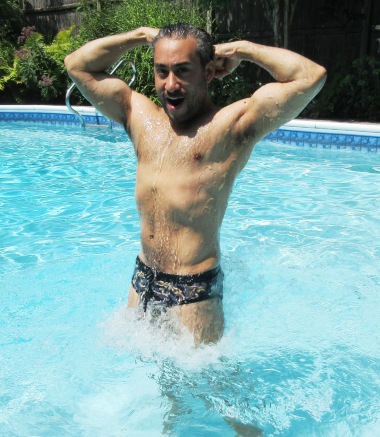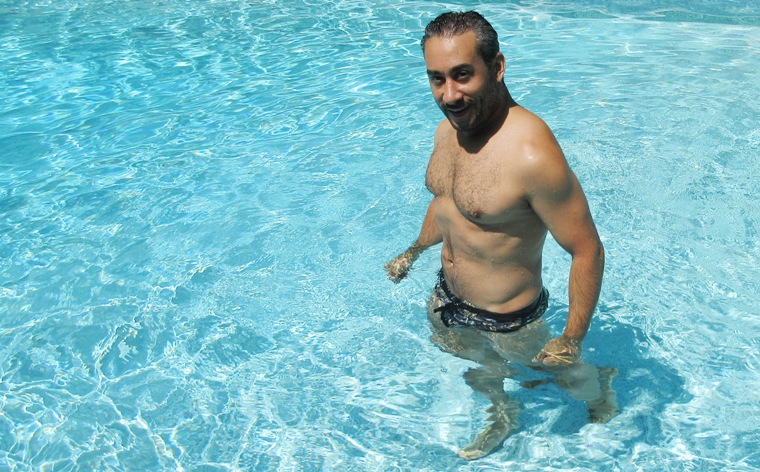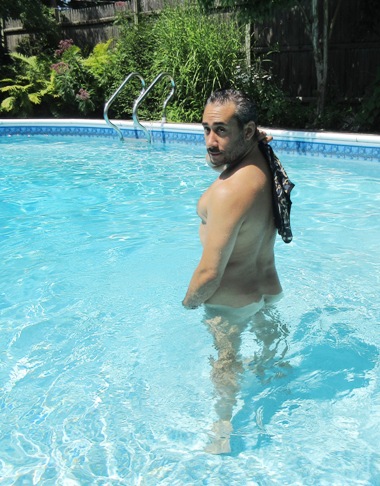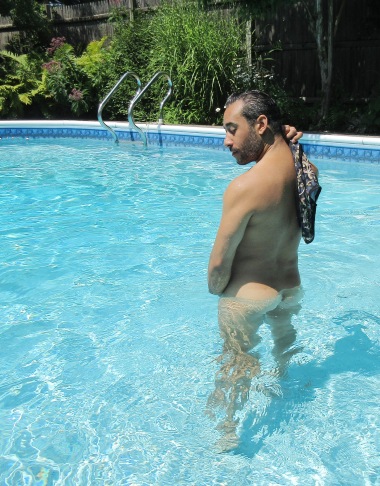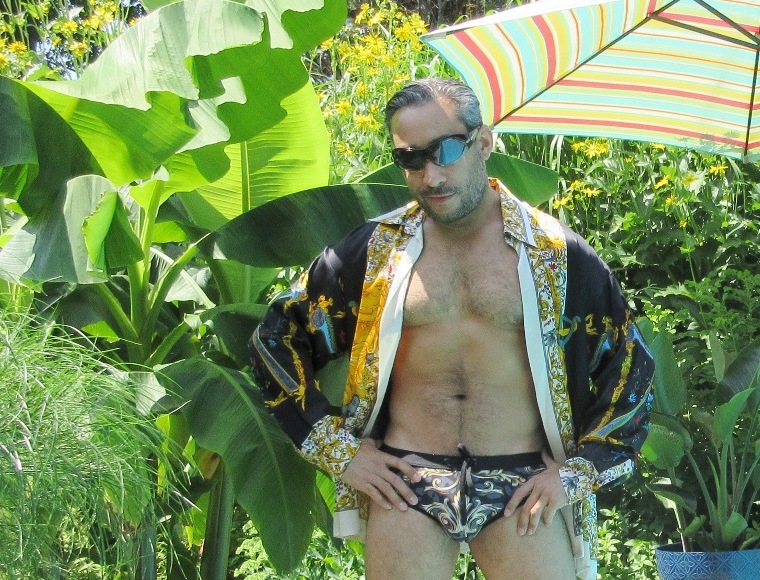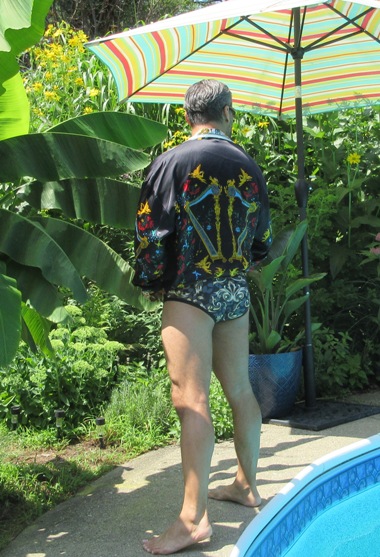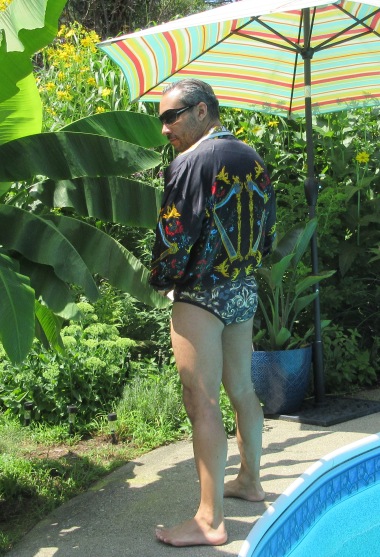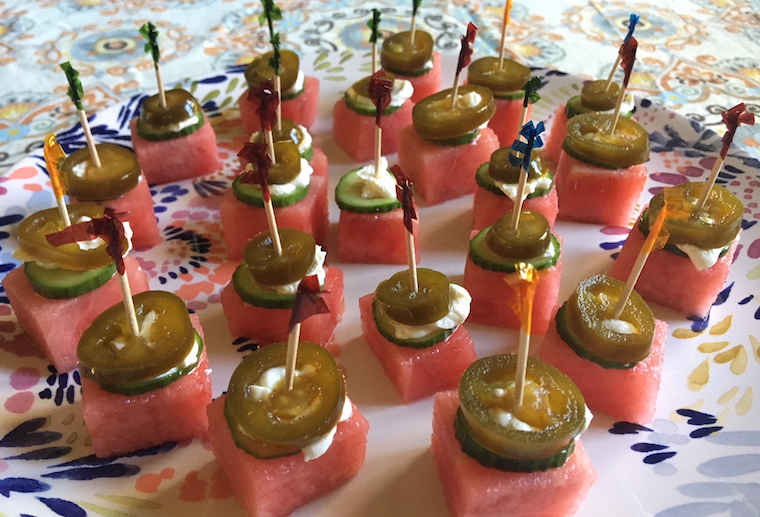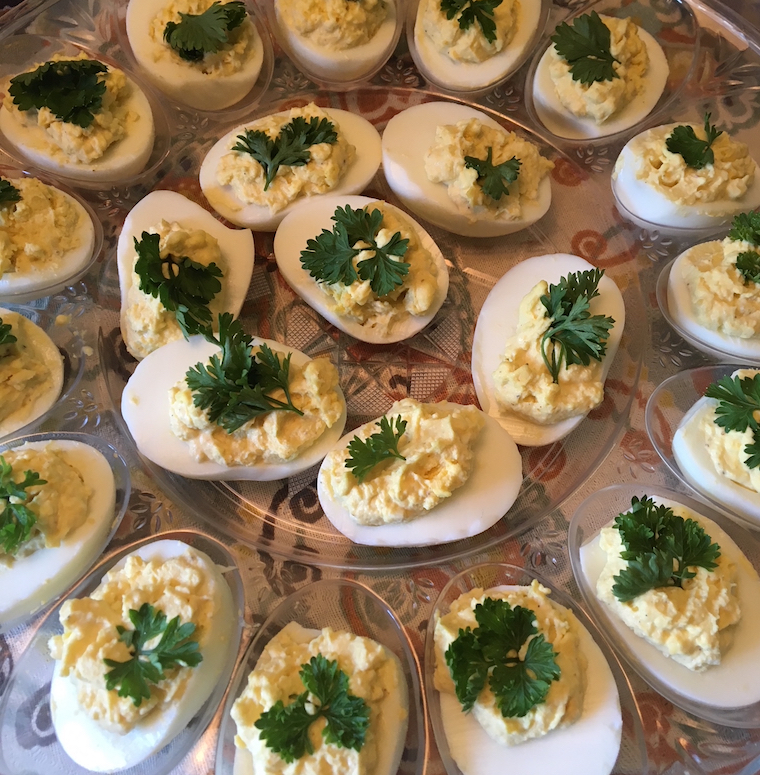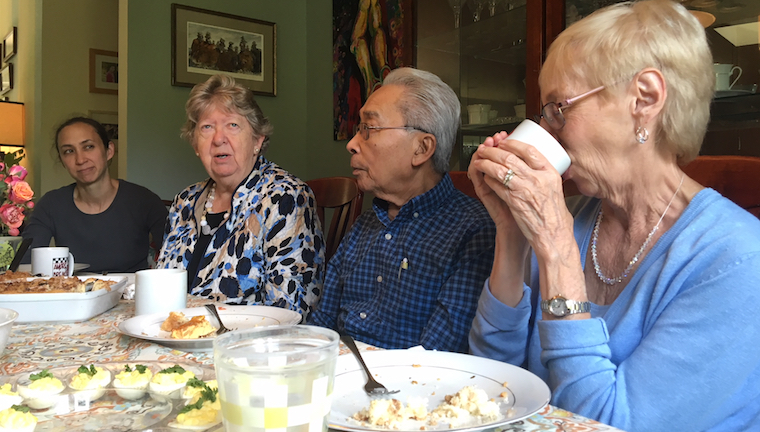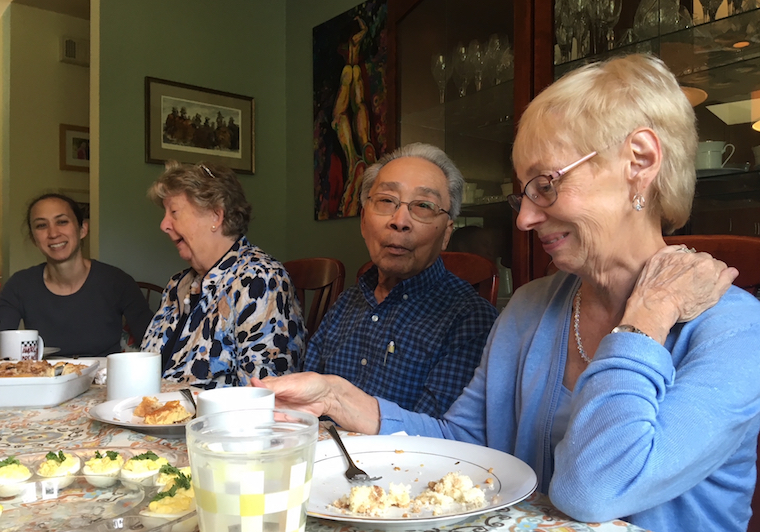“This is the real secret of life – to be completely engaged with what you are doing in the here and now. And instead of calling it work, realize it is play.” ~ Alan Watts
In April of 2004, the Office of Mental Health was located on Holland Avenue, near the sprawling premises of Albany Med. I was contacted for an interview with the training division, which was not in the main office building. Located in a dark lower corner of the Capital District Psychiatric Center (picture netting over places where someone might be able to jump, and a lock-down security system that required a pass to open every door), it was quite a change of pace from the quiet Thruway office. Andy somewhat jokingly worried/hoped that they might mistake me for a patient and keep me there. I didn’t mind any of it – there was covered parking, with a completely covered walkway to go into the building. Never again would I have to clean snow off the car or burn my ass on leather that had baked in the blazing sun of July on a field of asphalt for eight hours.
In a padded, circular room, I was interviewed by the woman who would be my supervisor, Suzanne. We clicked immediately, and it impressed upon me the importance of an interview. In almost every instance of being offered an interview, I would be offered a job. In many of these cases I didn’t have the exact experience or background that was being sought, but I conveyed that I could learn, and that I could get along with people. That has always been more important than finding someone who knows absolutely everything about what they will be doing, and I was lucky that most people saw that and understood. Almost every single awful office situation I’ve encountered has been caused by difficult people, not by people who didn’t know what they were doing.
My would-be supervisor Suzanne was quirky, friendly, and ready to laugh. She had bright eyes that sparkled with a sense of mischief, and she was warm-hearted and generous. I felt safe around her, as well as entertained. She was a convivial trainer, engaging and gregarious, and as long as she was my supervisor I knew the job would be ok. This points out the importance of supervision: a supervisor can make or break someone’s career. A couple of days later they called and offered me the position – a Keyboard Specialist 2 – Grade 9. I was moving up in the state world at last! It wasn’t swift, but I took as many exams as I could. It was enough to be employed and contributing to the mortgage, and I was also building a retirement and gaining other benefits. Boring stuff at the time, but I knew it would be a good thing in the long run, should I be lucky enough to last.
My first greeting in the psych center was by a gruff bald guy with a familiar gravelly voice that I couldn’t quite place, but was certain I knew. He introduced himself as Joe, then came closer to whisper in my ear, “It’s Hazel, you asshole!” to reveal himself as the Empress of Albany. He was my favorite drag queen – one of the original mothers of the Albany drag queen circuit, and I was so relieved to see someone I knew that I immediately felt at home. Quickly, I made friends with the woman working next to me, Tina, and then Kate. Friends came faster now, and for the first time I didn’t do my usual panic calculation of how long it had taken me to be at ease in other jobs.
On the nice days when spring led into summer, we would take lunch breaks and walk along New Scotland Avenue, grabbing pizza at The Fountain or getting subs at one of the local Italian delis that lined the street. When the weather was rainy, we would take the walkway to the cafeteria at Albany Med, joining the throngs of students and medical staff that populated the busy lunch hour. It was a good location, and even better than that it was, for the most part, a good office in which to work. I proved myself a decent performer, and when an opportunity to travel to Brooklyn for a training conference came along, they offered some of the administrative tasks to me, and I got to take a train and book a hotel for the event. Prior to this, I hadn’t given much thought or care to what I wore to work. {Pause for shock and awe.} My idea of casual wear was khakis and a sweater, which put me eons ahead of the majority of the state work force. For this event, when I’d be representing our office in public, I put on an olive-hued suit, a white shirt, and a burgundy tie. My co-workers had never seen me dress up quite that much, and I did so well (inadvertently impressing some apparently-important people) that their surprise at my ability had me wondering what kind of loser they thought I was before that day. There was a lesson in that too: I learned the importance of dressing up for the job, even when it wasn’t necessary.
People always say to dress for the job you want to have, and I always dismissed the notion as so much silly nonsense. Spoiler alert: it’s not. As much as I like to dress up, underneath it all I’ve always believed that each of us has the right to wear whatever the hell we want to wear. The idea of appropriate attire is a social construct that I played with and ultimately railed against, but on that day of the conference, with a new attendant respect and admiration, I realized the power of appearance. While I will always believe in the right of self-expression, I suddenly realized there was a game to play as well, and if you knew how to play the game without sacrificing yourself, you could use it to your advantage. People who rebel simply because they can never go very far. My office attire got a more professional revamping after that, and the result was a boon to my own confidence, and a boost in my happiness, all of which led to greater bonhomie within my work unit.
My years of retail had shaped what limited people skills I had, and they seemed to be working. At least, I think I was getting better at it. My strength was in being entertaining and humorous, while also being reliable and loyal. I was punctual (actually, I was most often early) and I didn’t abuse my vacation time. More important than these traits, however, was the fact that I could get along with just about everybody. I may play a cantankerous grumpy guy, but beneath it all, when it really counts, people seemed to enjoy my presence. That goes much further than exemplary excellence in a refined niche. To this day, I would rather hire someone who can get on well with others than someone who knows everything inside and out but is miserable to be around.
I got to know the group at the Office of Mental Health better at a few outside gatherings. This was another office populated almost entirely by women (and a drag queen) and with it came its own set of dramas and issues. Again, I managed to skirt most of them, and if there were times when I delved into the drama, it was my own choice. My comfort level with an office grew quicker here, or maybe I was just becoming more comfortable with myself. This was also the first time since my days in retail and John Hancock where my co-workers became friends whom I saw outside of work. That could come with its own stickiness, but I managed to avoid those dramas, even as they would occasionally stir storms around me.
Still, as much as I enjoyed the people there, a promotion did not seem to be on the horizon, so I kept my eyes and ears open for whatever the universe was nudging me towards. At the start of that year’s holiday season – November of 2004 – I sent up a few flares at a party that would change my life and turn my job at the state of New York into an actual career…




